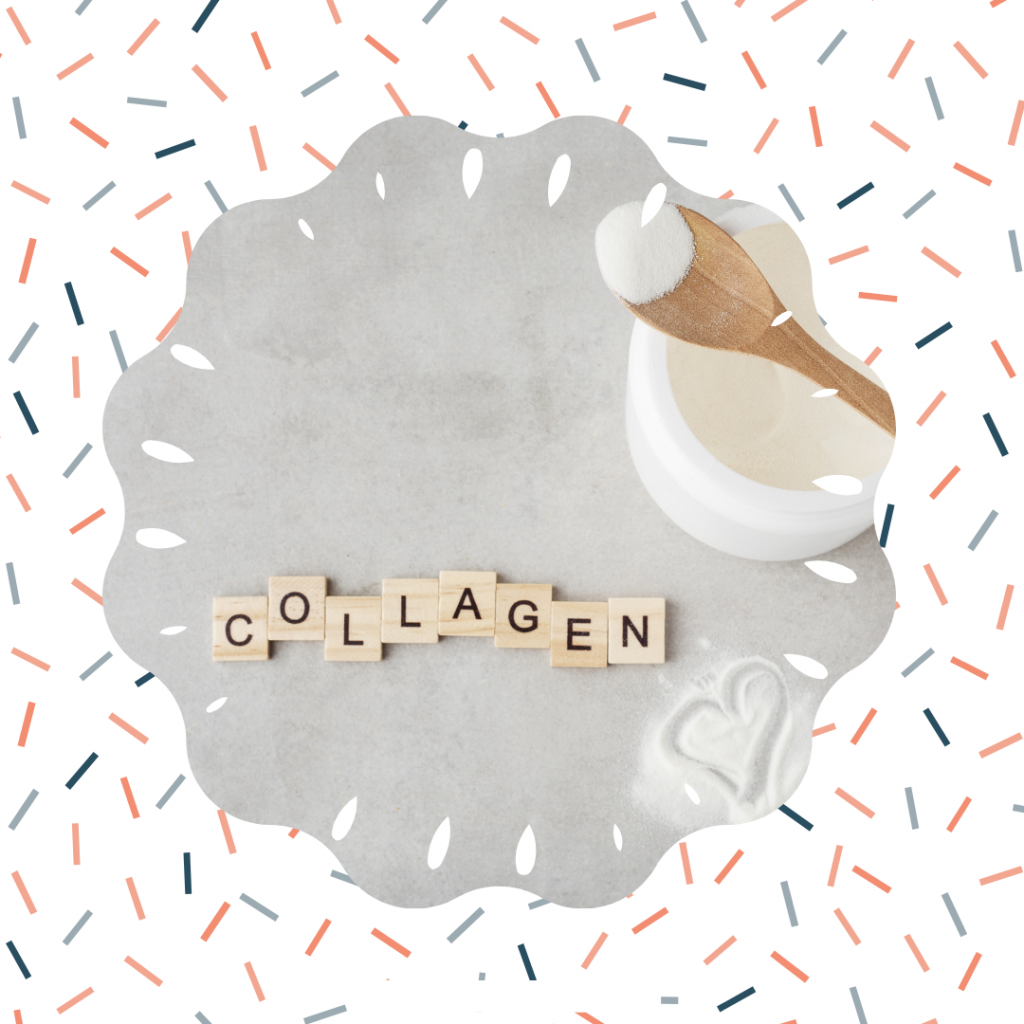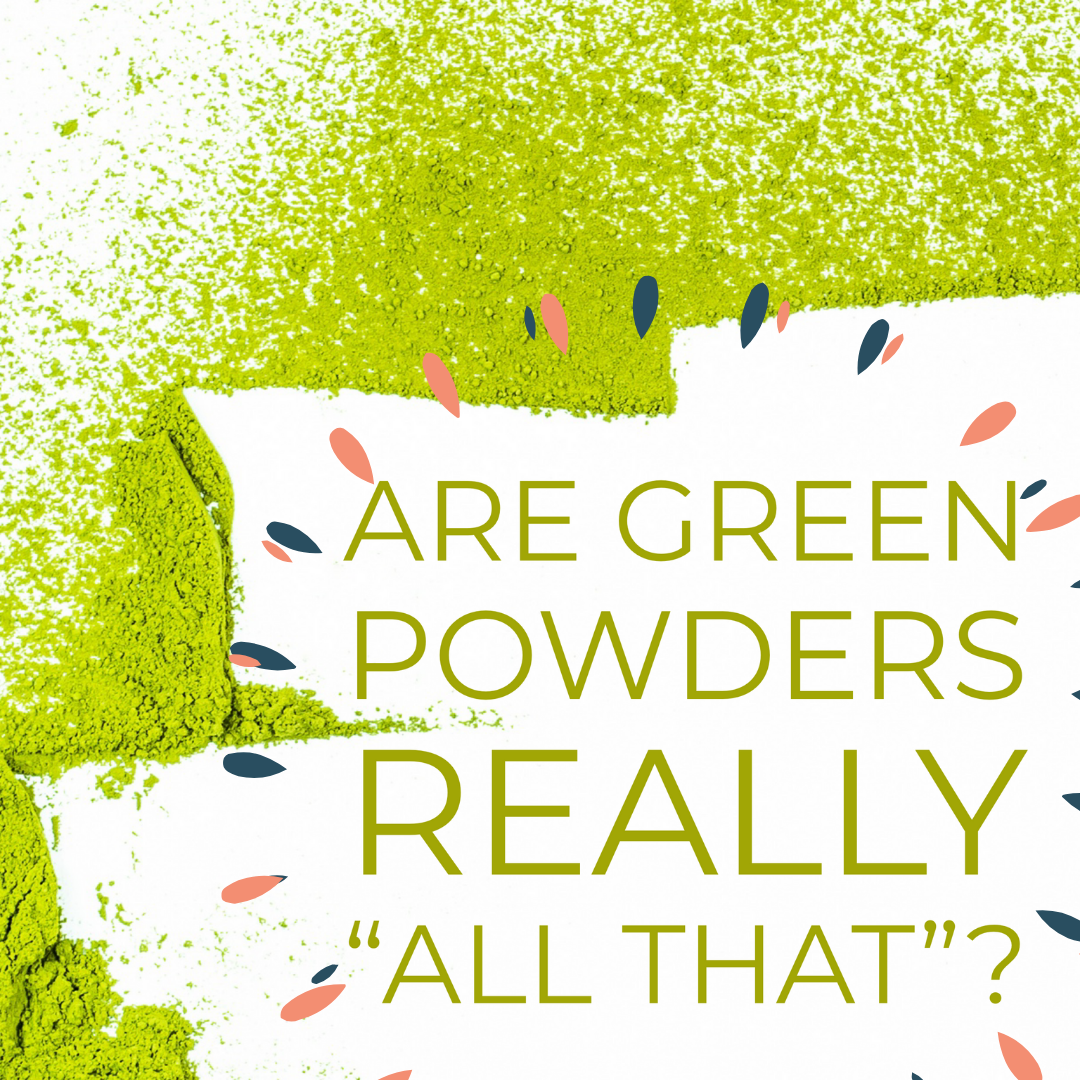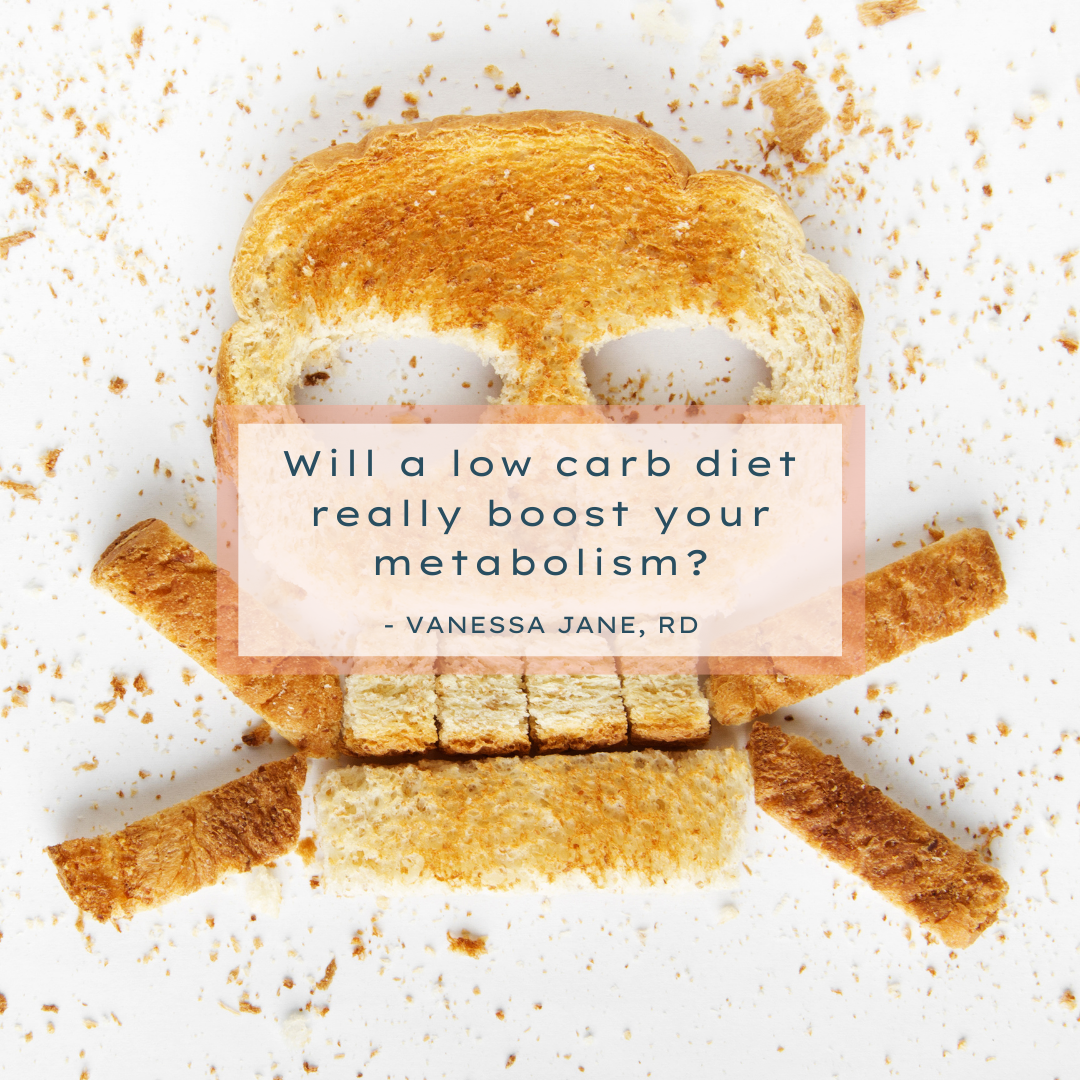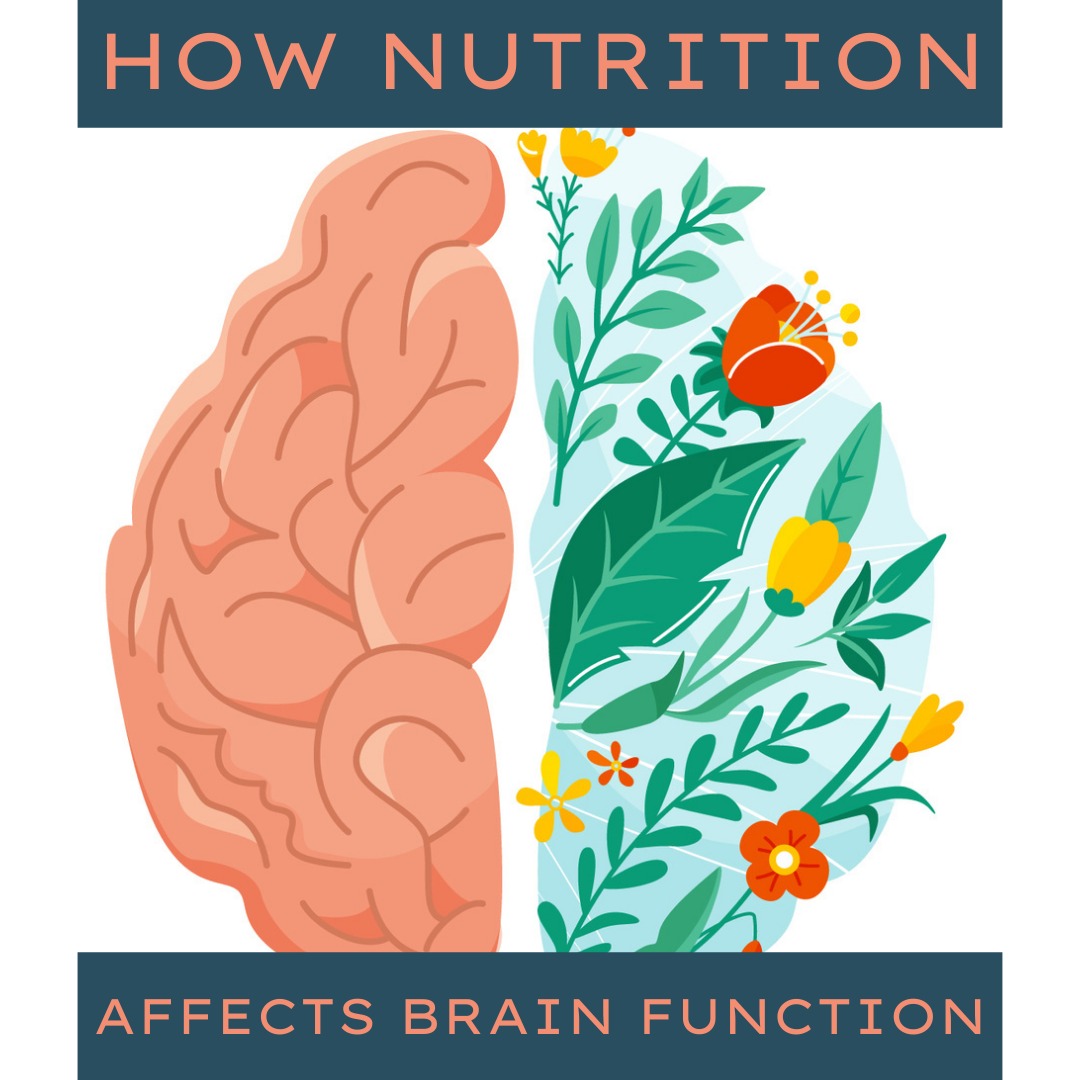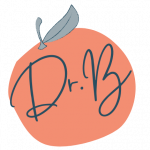I have been asked a lot lately about the need to supplement with collagen. As always, it depends. However, that’s not sufficient for most people so we will dig in a little deeper. It has been a fad for a while now but it seems to pick up steam every few months and right now I just keep seeing more and more ads for collagen. When considering if you should be taking collagen, you must remember that a celebrity or your favorite influencer telling you that they take a supplement is not a green light for you to do the same. In this article I’m going to break down what collagen is and by the time you are done reading you should have a good idea of if you need to supplement with it or not.
What is Collagen?
Collagen is the most abundant protein found within the human body. Pretty cool, right? Definitely. Well the other cool thing is that the human body can actually make it’s own collagen, which is arguably even cooler. That being said we become less efficient as we age at making collagen but that doesn’t mean we just stop making it. We just may need to be more diligent about how we supply our body with nutrients in order to optimize collagen production.
Collagen is found in things like your tendons, ligaments, skin and muscles. Like other proteins it helps with the structure and function of a lot of your moving parts. Without it we may find deterioration of our joints, skin, hair, nails, etc. There is a lot of benefits to collagen in the human body we cannot deny that.
So that means we HAVE to supplement, right?!
Hold up. Remember when I said OUR BODIES MAKE COLLAGEN. Okay, let’s hold on to THAT for a moment. This means that we do not necessarily need to ADD something to our diet that our body can make itself. Instead what we need to figure out is what inputs our bodies need in order to make it. Could that mean supplementing collagen? Possibly, but that’s not always necessary.
When it comes to diet and nutrition we often talk about things as essential when we cannot make it ourselves. For instance, we cannot make Vitamin C, some amino acids (that make up proteins) or Omega 3 Fatty Acids. Did you know that dogs and cats can make their own Vitamin C? How cool! However, if you are not a dog or cat reading this, we as humans cannot make Vitamin C (or the aforementioned amino acids & omega 3 fatty acids) we must EAT them and thus they are deemed as essential.
We as humans were meant to consume these essential nutrients as they help with certain processes in the body BUT we cannot make them. So when something is NOT essential it means we ourselves can make it from other inputs. That doesn’t mean we shouldn’t add them to our diet it just means it’s less dire for us to focus solely on that specific ingredient.
So, anyway, collagen is NOT essential, it is a protein found in the body and is made when the amino acids glycine & proline combine with the aid of vitamin C (as well as other inputs). It’s truly amazing what the human body can and will do to not only survive but thrive. In summary, we don’t need to eat collagen to make collagen.
Where Can You Find Collagen?
As we’ve discussed, collagen is found abundantly in the body. However, it is also can found in food and supplements. However, collagen is known as what we call in the nutrition world as an incomplete protein. What does this mean? It means that it does not contain the 9 essential amino acids (those that we cannot make ourselves) and is thus deemed as incomplete. For reference, animal proteins (i.e. chicken, fish, eggs, etc.) are complete proteins whereas most plant sources of protein (i.e. nuts, seeds, grains, etc.) are incomplete.
Collagen, while found in sources like chicken and chicken bones (yes, even some of the hyped bone broth as well) is not complete as it is lacking the essential amino acid known as tryptophan. Does that mean it’s not worth consuming? No, but what it does mean is that it’s not the most complete or most optimal protein out there. Our body thrives on having ALL essential amino acids so the point is to say collagen can be ONE source of protein in your diet but it should not be the SOLE source of protein in your diet as you will want to make up for the lack of tryptophan elsewhere in your diet.
Here are some of top places to find collagen:
Bone Broth/Bones of animals
Chicken
Fish & Shellfish
Eggs (the egg whites contain proline which is a component of collagen)
Collagen Supplements (note: not all supplements are created equally AND we do not yet know what kind of collagen i.e. type 1, 2, etc. is most beneficial if at all). One of my favorites is this one if you are interested in trying out a supplement.
A quick note on sports/fitness performance & collagen…
Because collagen is not a complete protein and it does not include all the essential amino acids (EAAs) like whey protein and other commonly popular post workout proteins, it’s important to remember that collagen should NOT be the primary source of protein around a workout. This is especially true for those who are looking to gain the muscle benefits of exercise. Will it kill you if you take collagen post workout? Of course not. It’s just to say that it is NOT the preferred protein around exercise and sport so it’s best if you do choose to supplement to take it at another time of day away from your workouts.
Okay, back to it.
Ways to Increase Collagen Production
As I’ve said before, we as humans can make our own collagen. This can be done with the correct inputs. What inputs you ask? Let’s check it out:
Calories. If we do not consume enough calories it’s likely we will not be able to consume enough of the inputs mentioned below. More often than not if we are restricting ourselves we will not have the proper inputs we need to make collagen. No idea how much to feed yourself? Check out my YouTube video on it here.
Protein. Besides just calories, making sure you are eating ENOUGH protein is also essential. Why? Because the amino acids (proline & glycine) needed to form and produce collagen are found in protein. If you eat enough protein, your body should be able to make the collagen you need. Aim for 1-2g/kg body weight per day. Animal proteins, like chicken, fish, eggs and dairy, will be more efficient in creating collagen but you can also use plant based sources of protein as well including nuts, seeds, beans, etc.
Vitamin C. It has been shown that vitamin C helps with the synthesis of collagen in the body. Humans cannot make their own vitamin C so we must get it through our diet. Yes, you can supplement BUT if you are eating a well balanced diet, you shouldn’t need to. You can find vitamin C in your fruits and vegetables like citrus fruits (i.e. lemon, oranges, grapefruit), berries, and bell peppers to name a few.
Copper. Adequate copper consumption helps to produce an enzyme that is helpful in the synthesis of collagen and elastin in the body. Some top sources of copper include: liver, oysters, nuts, seeds and dark chocolate.
Zinc. Adequate zinc can help to synthesize collagen in the body and deficiency of this mineral has been shown to reduce to production of collagen in the body. Some top sources of zinc include: meat, shellfish, beans/legumes, nuts, seeds, dairy, eggs & dark chocolate.
All of the above inputs are rather easy to get in your diet. While many would prefer a supplement because it seems like a quick fix, I’d instead encourage you to figure out how to get all the above optimized in your diet BEFORE you go the supplement route.
What Inhibits Collagen Production?
Great question. We are so quick to ask what can I add to my regimen (usually in the form of supplementation) that we forget sometimes we must think about what we need to limit to help with our health. I much prefer to focus on the positives but it is worth it to note that some things may reduce and inhibit collagen production in the body.
Smoking. Yes, smoking can inhibit the production of collagen in the body. Now, we know smoking isn’t necessarily healthy in general, now we know it can also reduce collagen production which may mean poorer outcomes in the health of our hair, tendons, skin, muscles, etc. Check with your doctor for a smoking cessation program, many are covered under insurance and are well worth it for your long term health.
Aside from smoking, some other areas that may be inhibiting collagen production include eating too much added sugar as well as getting too much UV exposure (via the sun) without protection. While more research will probably need to be done I think both go without saying. It’s not to say we cannot indulge in sugar and sun, but we just need to moderate both to help with overall health including that of our skin, tendons, muscles, etc.
Should You Be Taking Collagen?
IT DEPENDS!
Well, here’s the tough part is that the ingestion of collagen is a rather new subject (using topical collagen is more highly researched) and thus it’s not quite conclusive yet if in fact taking more collagen actually helps with the production of more collagen in the body. That being said, we do know that giving our body the right inputs (i.e protein, vitamin C, etc.) DOES help with collagen production.
I suggest tackling things like adequate protein and mineral (i.e. Vitamin C, Zinc, & Copper) consumption first and then at that point if you want to try adding a collagen supplement you can. There are no known down sides to collagen supplementation. I would encourage you to consider the quality of the supplement AND the cost. If you can find a brand you support and that does some kind of 3rd party testing (i.e. Informed Choice, NSF, UL, etc.) and it’s within your budget, by all means go for it! From there, gauge how you feel and if you truly notice any benefits, if yes, great keep going, if not then it’s okay to stop. If, however, you do not take a collagen supplement just make sure to get enough protein and all will be a-okay.
Now that I’ve laid it out that collagen supplementation just depends, I hope you feel more informed and can make your own decision on whether supplementation is right for you or not. Remember, what works for one does not work for all!
If you’d like to listen in to this episode, tune into the Bites Radio podcast above. If you’d like to keep up to date on all the latest, comment or join the conversation, be sure to head over to the bites radio Facebook page, or follow me on Instagram! And lastly, if you liked todays blog post or previous posts, be sure to subscribe to the Bites Radio podcast for weekly bites of nutrition knowledge!

